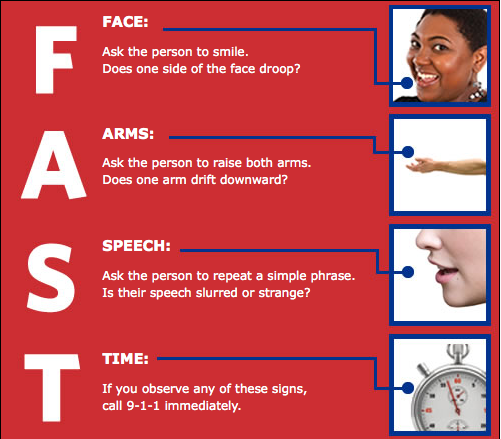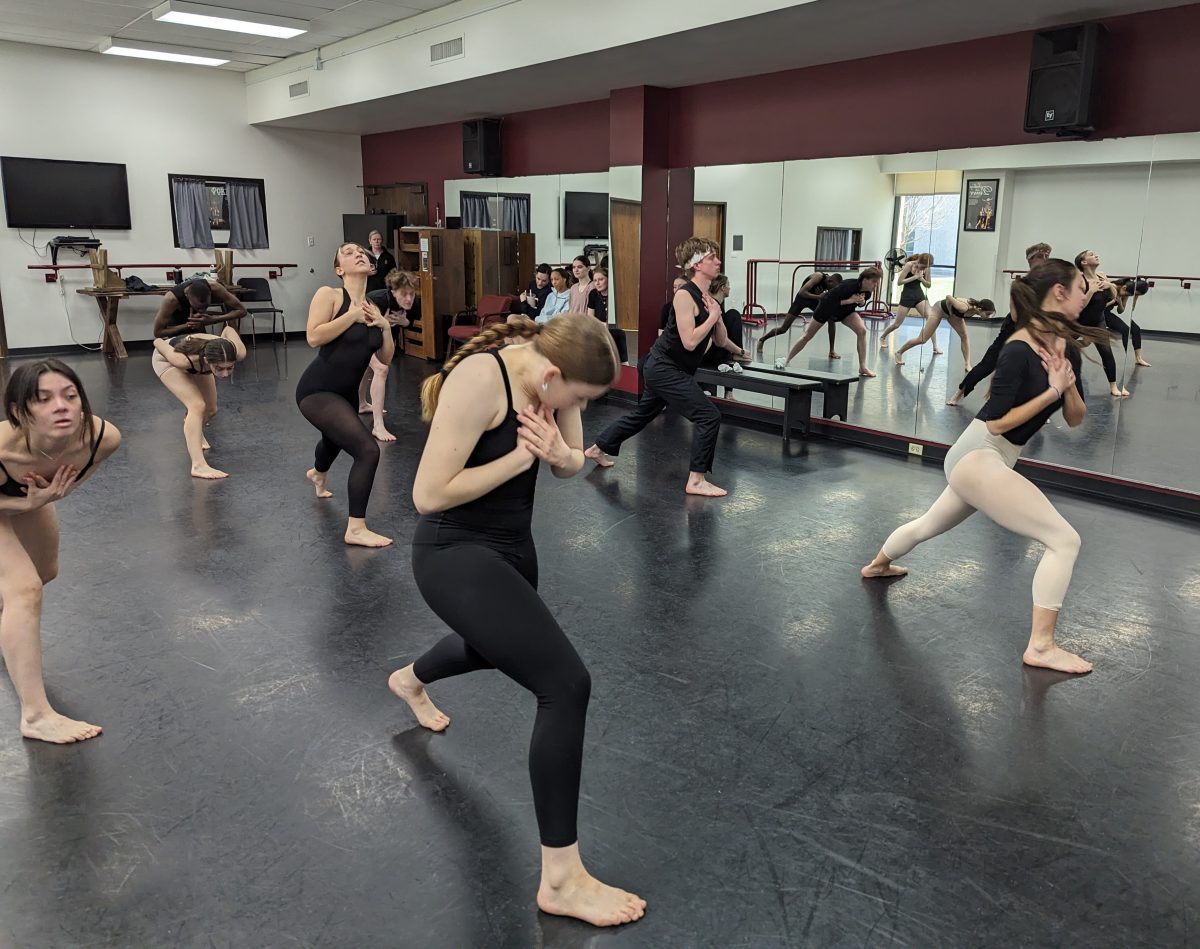
“As the article says, do we note higher stroke rates because of better monitoring and surveillance, better reporting or is it a true phenomenon that we are seeing more strokes in younger people?” Dr. Melvin Yamase of Providence Health & Services said.
Dr. Yamase noted that the change in lifestyle of the younger generations over the last decades could be a contributing factor to the possible spike in strokes.
“It does make a lot of sense that strokes are increasing in the younger population because risk factors are increasing as well: high blood pressure, sedentary, diabetes, smoking, higher sodium diets and other health risks that have been on the rise,” Dr. Yamase said.
While doctors and other professionals look closer into the causes of these troubling results, the information will not drastically change the way some young people live their lives.
“Worrying about strokes isn’t on my mind right now, but I’ll continue to maintain a healthy lifestyle by eating healthy and working out.” Equine Business major, Lindsay Raften said when asked if she would change anything after learning the results of the study.
Morgen Ayers. environmental science major, decided to tackle most of the factors that cause strokes by focusing on one thing that she feels can help lower her risks.
“Knowing that strokes in our age are increasing, exercising is something I’m going to focus on even more because of the fact that obesity and diabetes increase your chances of having a stroke.” Ayers said.
While this study is troubling for doctors and other medical professionals, researchers admit that the reasons for the increase needs to be looked into before too much is changed in response to the results.
Dr. Yamase recommended that those worried about early aged strokes educate themselves about health risks, while also being active and monitoring their blood pressure to make sure it stays below 130/80.
Researchers will continue looking into these recent results to find out if the increase is truly only a result of better detection methods or if the deteriorating health of the younger population is impacting the amount of strokes within that age group.









